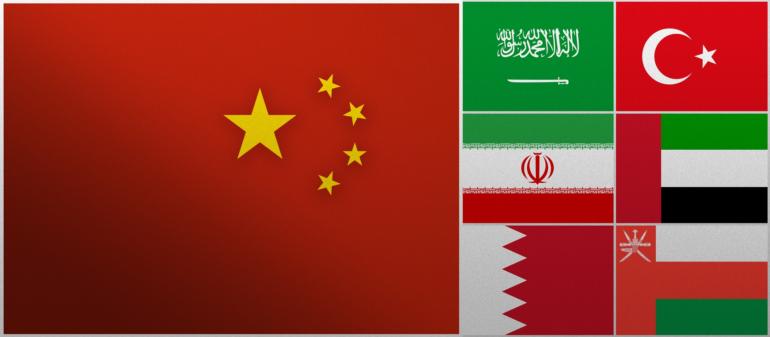Wang Yi’s visit to the Middle East is being described as an economic and diplomatic success.
Among the highlights, China agreed to invest $400 billion in Iran over the next 25-years in exchange for oil to fuel China’s economy.
In another deal with the United Arab Emirates, China will partner with an Abu Dhabi company to produce annually up to 200-million doses of its COVID-19 vaccine, Sinopharm. It’s the first production of the Chinese vaccine outside the country.
The Chinese Foreign Minister also visited with leaders in Saudi Arabia, Turkey, Oman, and Bahrain.
Joining the discussion:
- Samuel Ramani is a doctoral candidate in the Department of Politics and International Relations at the University of Oxford.
- Mohsen Milani is the Executive Director of the Center for Strategic and Diplomatic Studies at the University of South Florida.
- Edmund Ghareeb is a Middle East scholar and analyst.
- Einar Tangen is a Political and Economic Affairs Commentator.
For more:
Chinese Foreign Minister Wang Yi held talks with Omani Minister of Foreign Affairs Sayyid Badr bin Hamad bin Hamood Al Busaidi in Muscat, #Oman. pic.twitter.com/tSuhpHiH0L
— CGTN (@CGTNOfficial) March 29, 2021
Will the China-Iran deal shift balance of power in the Middle East https://t.co/t5i34WN6SR
— Haaretz.com (@haaretzcom) March 29, 2021
#CGTNOpinion China-Iran strategic partnership encapsulates China's Middle East security initiative https://t.co/Dq8B1pCims
— CGTN (@CGTNOfficial) March 29, 2021
 CGTN America
CGTN America

